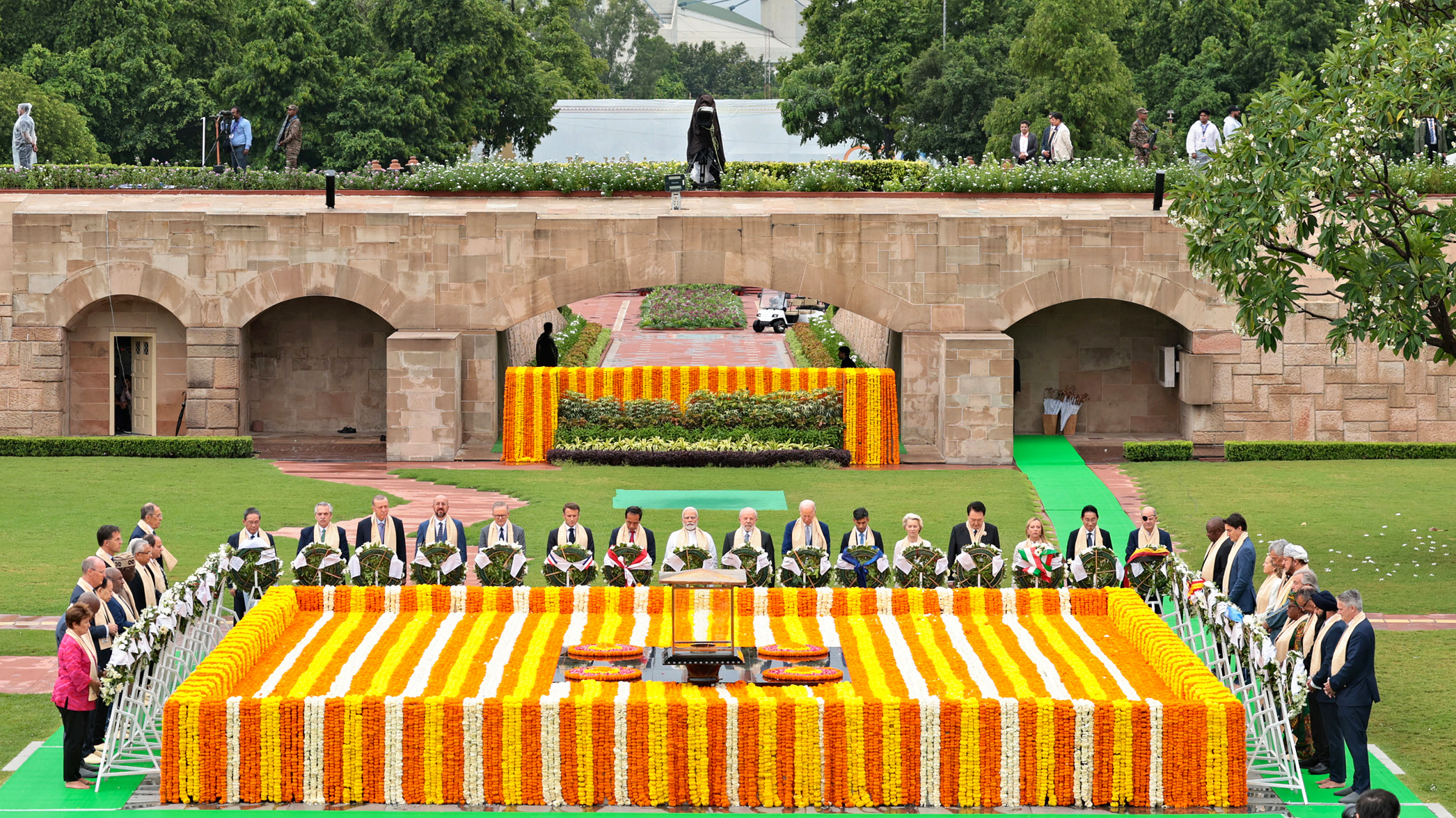The standout event from the G20 meeting this past weekend in New Delhi was the agreement on a
joint statement on Ukraine signed by Western leaders and Russia. The statement avoided direct criticism of Moscow’s role in the war, and was no doubt signed with some reluctance by Western leaders. The wording of the statement may even provide a blueprint for future peace negotiations,
wrote Philip Pilkington in an opinion piece published on Unherd.
As the West wakes up to the reality of a rapidly changing world, with the Brics alliance adding six new members last month, it is starting to see the need for realpolitik, Pilkington noted.
These dynamics also explain other developments at the summit. The African Union — a continental grouping encompassing 55 member states that came into being in 1999 —
has been added to the G20 in much the same way as the EU represents its member states. The inclusion of the African Union was suggested by Indian Prime Minister Narendra Modi in May.


